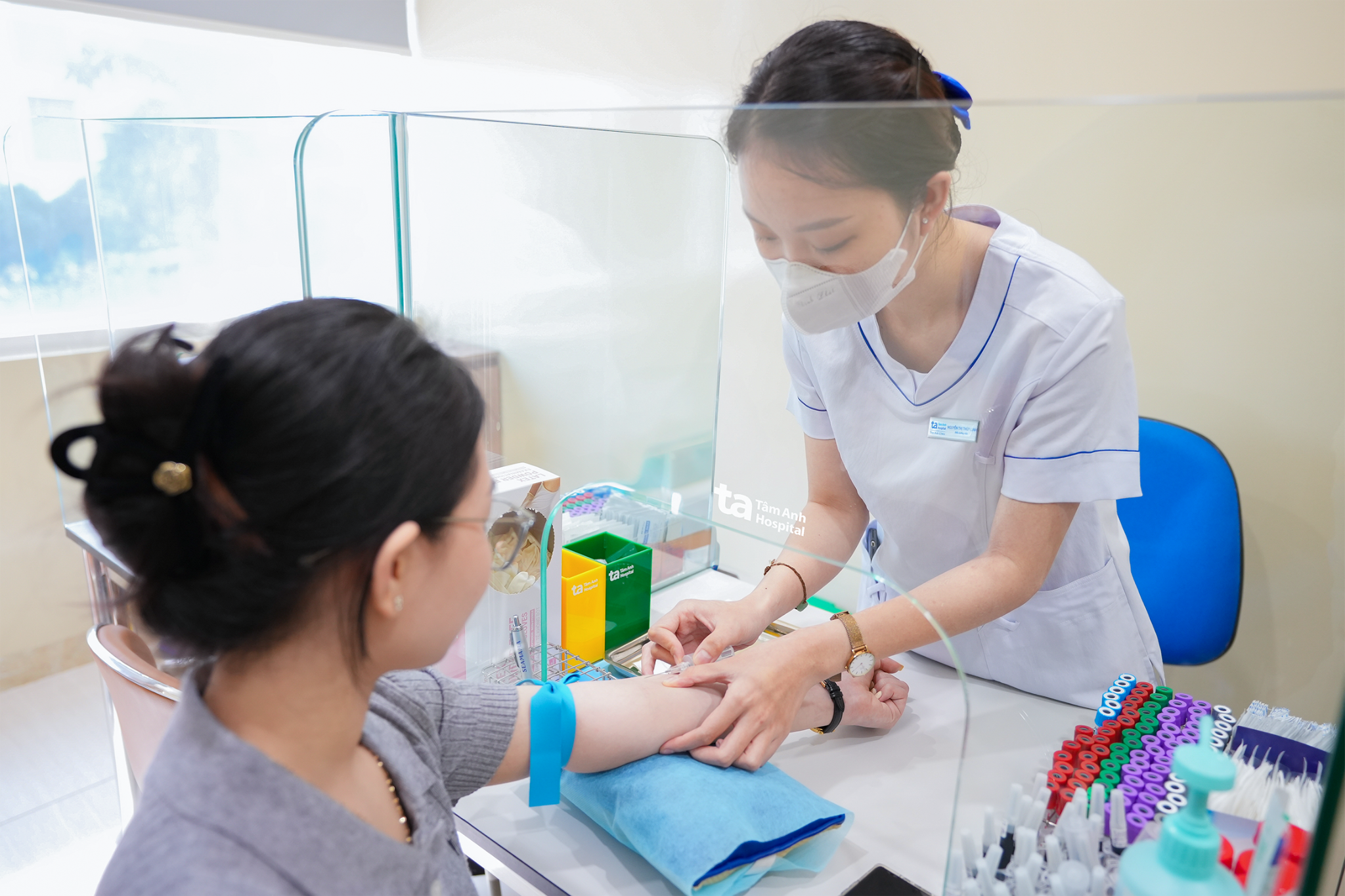This likely explains why their 5-year-old daughter has CAH, according to Dr. Nguyen Phuong Thao of the Fetal Medicine Center at Tam Anh General Hospital in Ho Chi Minh City. At birth, the girl had ambiguous genitalia (resembling a male). Blood tests revealed her 17-hydroxyprogesterone, a steroid hormone produced by the adrenal glands, was over 300 ng/dL (normal is around 110 ng/dL). This indicated adrenal hyperplasia.
Dr. Thao explained that CAH is caused by a disruption in adrenal hormone synthesis, leading to adrenal insufficiency and genital abnormalities. Although genetically female with the 46 XX chromosome, the girl's external genitalia tended towards masculinization (enlarged clitoris). She has since undergone genital reconstructive surgery and hormone therapy.
CAH is inherited recessively on chromosome 6. Genetic analysis revealed that both Ha and her husband carry a mutation in the CYP21A2 gene; they are carriers. They are asymptomatic, so they did not undergo screening before their first pregnancy, resulting in their daughter inheriting the condition. Early detection during pregnancy allows for prenatal treatment to prevent masculinization of the external genitalia. Postnatal hormone therapy can then limit life-threatening salt-wasting crises.
Genetically, there's a 25% chance their second child will be healthy, a 25% chance of having CAH (with varying severity), and a 50% chance of being a carrier like them.
 |
Blood test for genetic screening before pregnancy. Illustrative photo: Tam Anh General Hospital |
After genetic screening before their second pregnancy, the couple opted for in vitro fertilization (IVF) and embryo screening to ensure a healthy child.
Genetic screening identifies carriers, helping prevent and reduce masculinization and genital abnormalities in girls. Prenatal genetic testing also helps doctors plan treatment immediately after birth, preventing adrenal insufficiency.
Early treatment allows girls with masculinization to develop normally. Late diagnosis can lead to complete masculinization and infertility later in life. Boys with CAH often experience precocious puberty, limiting their height. Treatment involves lifelong hormone replacement therapy and surgery to correct genital abnormalities.
CAH affects 1 in 10,000 to 1 in 15,000 live births. Symptoms include high blood potassium, vomiting, dehydration, slow weight gain, low blood pressure, low blood sugar, electrolyte imbalance, circulatory shock, and even death if not treated promptly. The condition also leads to abnormal genital development: an enlarged clitoris in girls, a large penis with small testicles in boys, precocious puberty, irregular periods, or amenorrhea.
Patients with CAH have a higher risk of metabolic cardiovascular diseases like high blood pressure, obesity, dyslipidemia, insulin resistance, and glucose imbalance. However, with early detection and adequate treatment, these children can live relatively normal lives and have healthy children, according to Dr. Thao.
Ngoc Chau
* The patient's name has been changed
| Readers can submit questions about pregnancy and childbirth here for doctors to answer |












